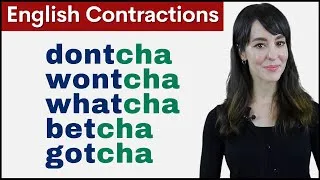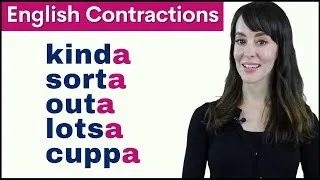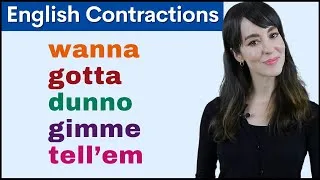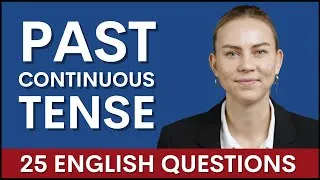FUTURE TENSE Simple Continuous Perfect Learn English Grammar Course
323,856 views ・ 2021-10-08
Videoni ijro etish uchun quyidagi inglizcha subtitrlarga ikki marta bosing.
New videos
Original video on YouTube.com
Ushbu sayt sizni ingliz tilini o'rganish uchun foydali bo'lgan YouTube videolari bilan tanishtiradi. Dunyo bo'ylab eng yaxshi o'qituvchilar tomonidan o'qitiladigan ingliz tili darslarini ko'rasiz. Videoni u yerdan o'ynash uchun har bir video sahifasida ko'rsatilgan inglizcha subtitrlarga ikki marta bosing. Subtitrlar video ijrosi bilan sinxronlashtiriladi. Agar sizda biron bir fikr yoki so'rov bo'lsa, iltimos, ushbu aloqa formasi orqali biz bilan bog'laning.







